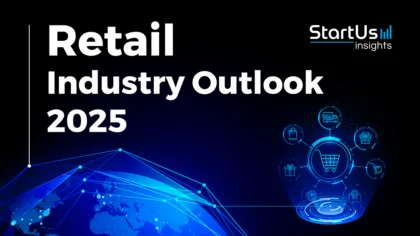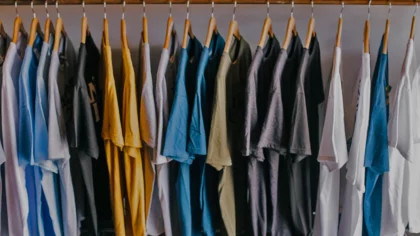Accelerate Productivity in 2025
Reignite Growth Despite the Global Slowdown
Staying ahead of the technology curve means strengthening your competitive advantage. That is why we give you data-driven innovation insights into the retail industry. This time, you get to discover 5 hand-picked startups developing immersive shopping experiences.
Global Startup Heat Map highlights 5 Top Solutions for Immersive Shopping Experiences out of 561
The insights of this data-driven analysis are derived from the Big Data & Artificial Intelligence-powered StartUs Insights Discovery Platform, covering 2.093.000+ startups & scaleups globally. The platform gives you an exhaustive overview of emerging technologies & relevant startups within a specific field in just a few clicks.
The Global Startup Heat Map below reveals the distribution of the 561 exemplary startups & scaleups we analyzed for this research. Further, it highlights 5 retail startups that we hand-picked based on criteria such as founding year, location, funding raised, and more. You get to explore the solutions of these 5 startups & scaleups in this report. For insights on the other 556 immersive shopping experiences, get in touch.
GMetri provides an Extended Reality (XR) Platform
In pursuit of profit maximization, retail companies explore extended reality technologies to improve the customer’s shopping experience. Reality technologies enable advanced product visualization and allow customers to visit shops, walk around aisles, and purchase products virtually. To this end, startups develop XR toolkits that enable shop owners to create and publish their own custom virtual setups.
US-based startup GMetri works on an extended reality platform for the creation of online stores, product showcases, and interactive training courses. The startup’s platform allows businesses to quickly develop and integrate interactive 3D models, product cards, cart management, and a voice recognition system for shoppers. Accessible via mobile, PC, and virtual reality (VR) headsets, virtual shops increase customer experience and enable the tracking of shoppers’ geo-location, product interactions, and gaze statistics to further optimize the experience.
Eyekandy develops Augmented Reality (AR) Solutions for Product Packaging
Traditional product packaging shows shoppers only the information on the packaging itself, limiting opportunities for customer connection and advertising. Employing AR on the other hand allows brands to add more information and use cases for products. Therefore, startups develop AR solutions to enable packaging companies to provide their consumers with additional data and digital information.
British startup Eyekandy develops augmented reality solutions for product packaging, brand logos, and snapcodes. The startup utilizes image recognition to overlay additional content, such as cooking recipes and nutritional facts, on a product. By designing and delivering AR solutions, Eyekandy helps customers more easily interact with products and manufacturers.
MetaVRse creates a Virtual Showroom
Shopping in person increases the likelihood of purchasing a product on a whim or for emotional reasons. On the contrary, shopping online often takes away the emotional and impulsive components from the process as people tend to be more reluctant to buy a product they cannot see. To this avail, startups develop virtual showrooms that immerse consumers into the shopping process and allow them to feel and try products before purchasing.
Canadian startup MetaVRse develops virtual showroom solutions that allow customers to better engage and interact with products. The startup’s web-based solution enables retail companies to showcase all dimensions of their products. The startup’s XR platform helps customers alleviate the feeling of buying thin air, thereby increasing conversions and sales for online retail companies.
SmartPixels offers 3D Visual Product Configuration
Limited stock size is a common issue for a physical retail shop, which discourages customers that search for a particular attribute in a product. However, 3D customization facilitates the maintenance of a virtual stock of products with different sizes, colors, and materials. To support retail companies improve customer experience and immersion with the shopping process, startups build 3D product configuration tools that enable customers to customize and visualize products before making purchasing decisions.
French startup SmartPixels works on 3D visual product configuration solutions. The startup’s 3D configurator enables the customization of product attributes such as fit, color, and material. The tool generates a realistic 360° view of the product, allowing for a detailed concept visualization with various color combinations. By creating photo-realistic images of the products, the startup assists retailers and product manufacturers convert a larger customer base by extending their virtual stocks.
Buzz AR works on Indoor AR Retail Navigation
Customers, often tourists, find it difficult to locate the store they are looking for, especially in a big mall. To help customers with navigation, malls often install physical and digital guiding systems. In turn, retailers located in malls themselves seek solutions that guide their shoppers. To aid with this, startups develop AR navigation assistance solutions that route customers to the store.
Singaporean startup Buzz AR offers AR services for indoor retail assistance. The startup’s solutions navigate customers to the venue in a mall, as well as helps locate products inside the venue. Additionally, through leveraging AR, the startup allows retailers to set up images and videos in front of the stores, as well as overlay additional information on individual items.
Discover more Retail Startups
Retail startups such as the examples highlighted in this report focus on virtual warehouses, automation, new materials as well as reality technologies. While all of these technologies play a major role in advancing the retail industry, they only represent the tip of the iceberg. To explore more retail technologies, simply get in touch to let us look into your areas of interest. For a more general overview, you can download our free retail Innovation Report to save your time and improve strategic decision-making.
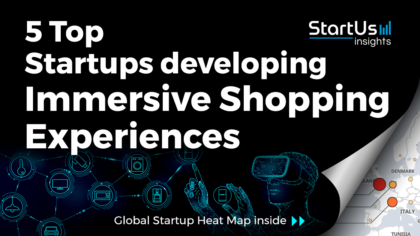
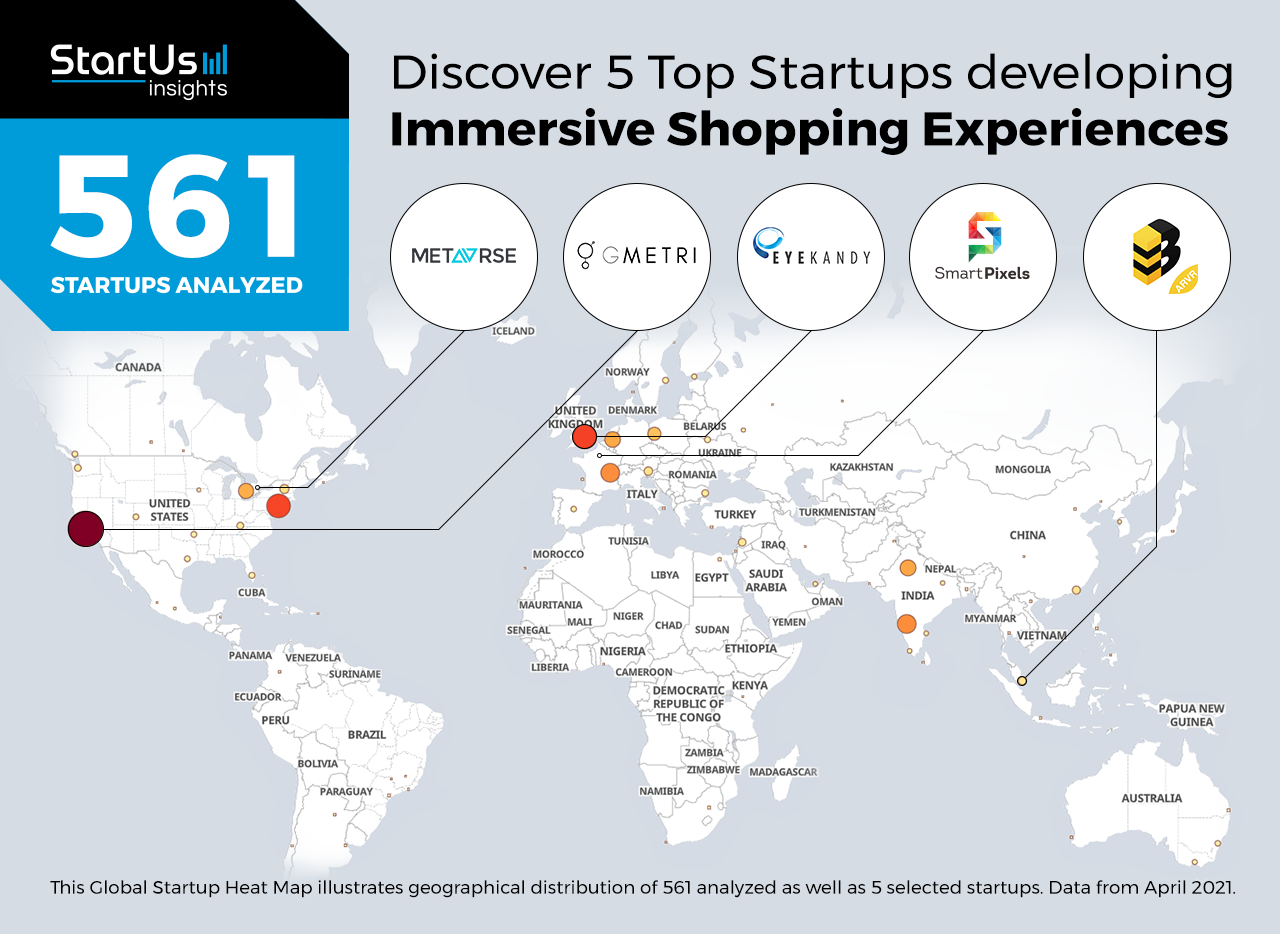
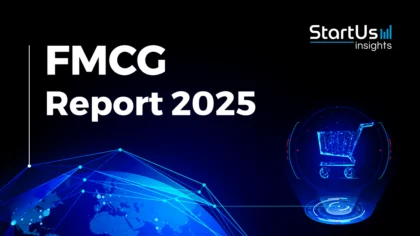
![AI in Retail: A Strategic Guide for Industry Leaders [2025-2030]](https://www.startus-insights.com/wp-content/uploads/2025/04/AI-in-Retail-SharedImg-StartUs-Insights-noresize-420x236.webp)
